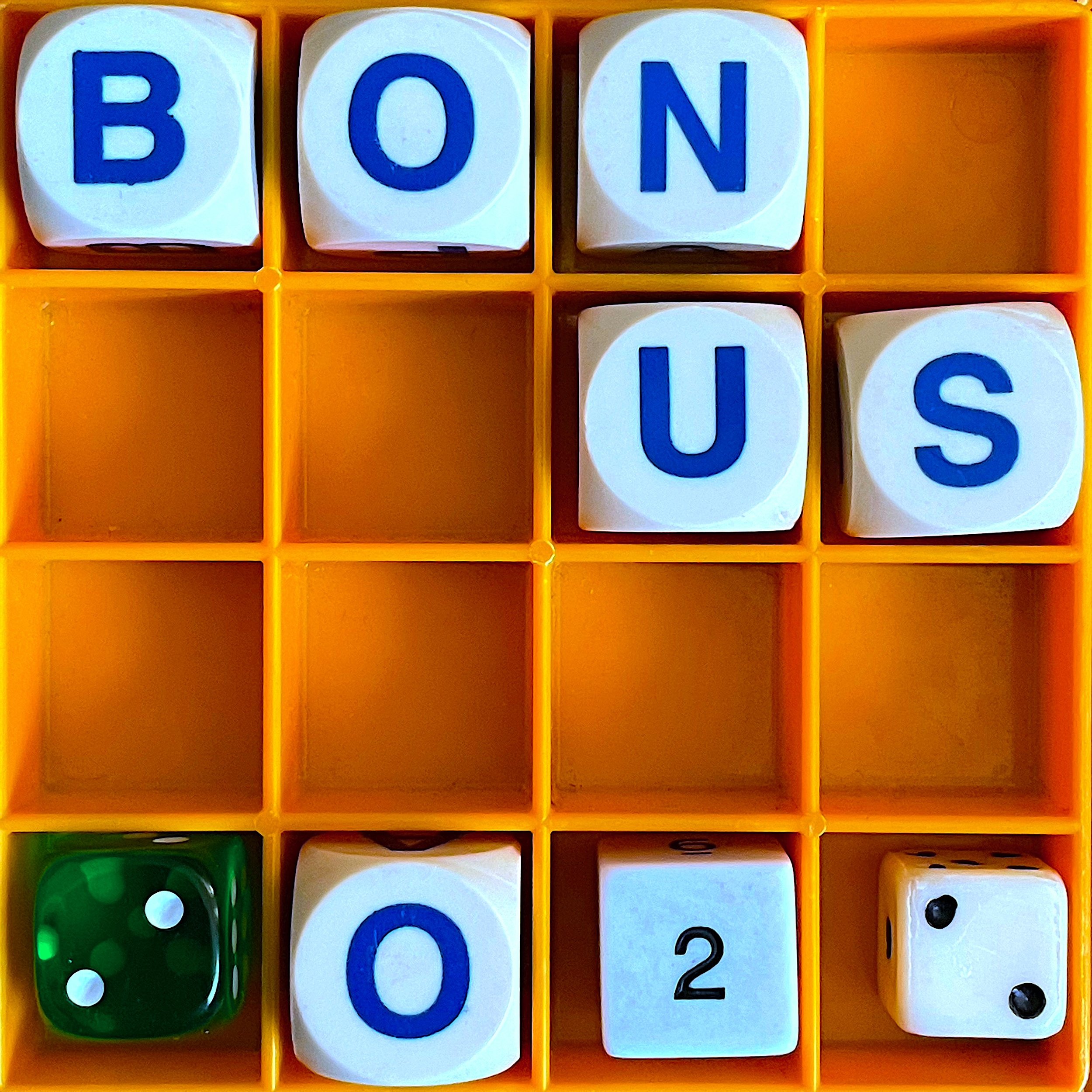TIM CLARE: Hippocampus, meaning ‘horse’ because it looks like a a sea horse, right? …Oh, don't look at them! They look absolutely terrifying!
HZ: I I've never seen a hippocampus, so I don't know.
TIM CLARE: There is a real David Cronenberg-like element to them.
Allusionist 164 Emergency transcript
SIM CHI YIN: In Britain basically it's more or less one of those faraway forgotten wars. It was an out and out war that was merely called an emergency.
Read moreAllusionist 116: My Dad Excavated a Porno transcript
HZ: The Victorians really did a number on people. I feel like we're still unpicking Victorian attitudes.
KATE LISTER: Yes, we are. I mean, we're still very much the children of the Victorians, and they're a fascinating bunch, the Victorians. No generation, at no point in history, has sex been successfully repressed, ever. It just doesn't happen. But what you have is really strict social morality, conditioning and mores and constructs and power dynamics around sex that dictate what we are and what we're not supposed to be doing. And outward facing, they were so repressed and polite society and so offended by everything even remotely to do with sex, to the point of where they wouldn't say the word 'trousers' because they thought they were too rude. They were 'sit down upons'.
Read moreAllusionist 69. How the Dickens stole Christmas - transcript
GREG JENNER: ‘Dickensian’ is quite a tricky word, actually. I think we don’t always necessarily know what we mean when we say it. As a word it conjures up poverty, perhaps; a sense of squalor; a sense of people trapped in this brutal society where there is no safety net, no fall-back plan; where children and women can suddenly be cast into a life of poverty or crime or violence. But 'Dickensian' also should summon up some of the beautiful things as well, some of the wonderful things he harnesses. When we look at A Christmas Carol, the way he depicts the street scenes, singing to each other, the sense of community, the shop windows filled to the brim with delicious goods and treats to eat on Christmas day and toys, this is also a bountiful visual iconography. Dickens conjured up both quite alarming and also quite enrapturing, entrancing visions of what a city and a community could be. So 'Dickensian' tends to be quite negative, but it should apply to all the different worlds that Dickens created, and some of those were rather pleasant and lovely, and some of those were rather cruel and dark.
KATIE MINGLE: What's the deal with Christmas?
AVERY TRUFELMAN: Dickens?
KATIE MINGLE: Yeah.
HZ: Yeah! A lot of authors have written about Christmas, but don’t have festive fairs devoted to them. Why is Dickens the one who gets to be the adjective? Why is he given credit for Christmas?
GREG JENNER: Charles Dickens's Christmases are not brand new in 1843. You know one of the things people often say is Dickens invented Christmas, which is absolute nonsense, of course he didn't.
Read more



